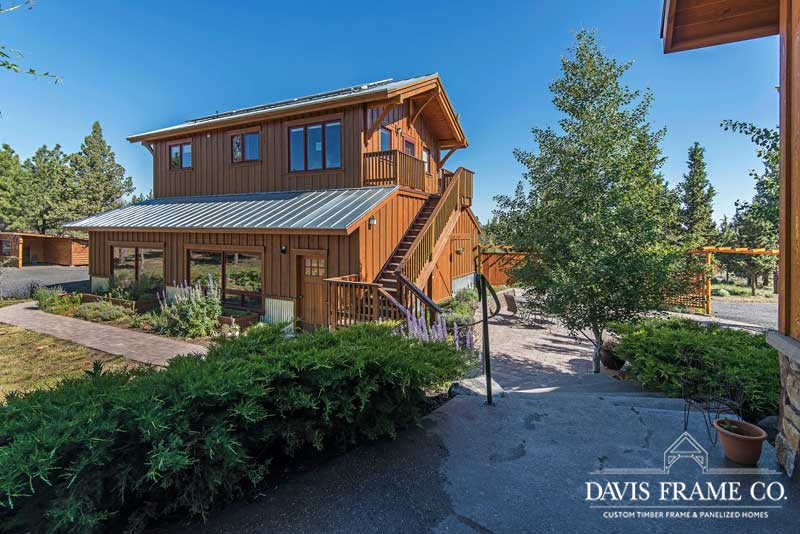This isn’t common knowledge, but quite a few resources exist that help people build or buy new homes in the form of grants. What is a grant? Money provided by the government or non-profit groups intended for a specific purpose.
Housing grants may be used for many different reasons. You may find you are eligible for programs meant to help with closing costs, down payments, weatherization, or repairs. Grants for rebuilding due to natural disasters are also possible.
Eligibility
For this type of funding, there are usually some stipulations. First-time homebuyers, families with children, indigenous populations, veterans, people with disabilities, and the elderly often take priority in these programs. Not only that but income limits or restrictions on total acreage may come into play too. These limitations help prioritize needs and allow the funds to reach as many people as possible.
Regardless, it is worth applying. This way you learn if you are eligible for any housing grants before you start building. While the grants will probably not cover the complete building cost, you might find that you can save thousands by filling out some applications. At the very least, it can’t hurt to try.
First Time Homebuyers
If this is your first time buying or building a new home, you should review these resources. USDA Rural Development offers loans to first-time buyers with fixed, low-interest rates. Most states have housing programs that help with down-payment and closing costs too.
If you are not sure where to start, do an internet search for housing trusts in your state. Housing trusts usually provide these grants. Usually, they require that participants take a financial literacy course. Buying and building a home can be complicated. Taking one of those workshops helps you understand how to start and what steps to take first.
Sustainable Initiatives
Grants for energy efficiency and sustainable building practices are available too. For example, according to the DSIRE (Database of State Incentives for Renewable & Efficiency), West Virginia has eight programs to help with funding. They list financial incentives for solar and wind power access, energy efficiency rebates, and tax credits for new energy-efficient homes. This selection is on the low end of the spectrum, and most states offer even more programs.
Disaster Relief
If you find yourself in the unfortunate situation of needing to rebuild due to a natural disaster there are resources for you. FEMA provides grants for people who lose their homes to fire, floods, hurricanes, and other natural disasters. They offer grants to repair or replace owner-occupied homes. Hazard mitigation assistance also helps with funding to make their home build resilient against these types of disasters in the future.
Special Circumstances
If you or a family member in your household are disabled, you might qualify for particular grants designed for your situation. For example, A Special Home Adaptation grant offers funding for disabled vets to make their new homes wheelchair accessible. Veterans may also apply for new construction grants. Most grants of this nature help with temporary housing. However, keep an eye out for anything that might help with new construction if you plan on purchasing a timber frame or panelized house kit.
Conclusion
With a little research, you might surprisingly learn that you qualify for financial assistance. First, check with federal agencies like HUD, FEMA, and USDA Rural Development. Next, look up local non-profits that help with specific needs like weatherization, hazard mitigation, and first-time home buying grants. By taking these steps you could save thousands on your home build and energy costs.

